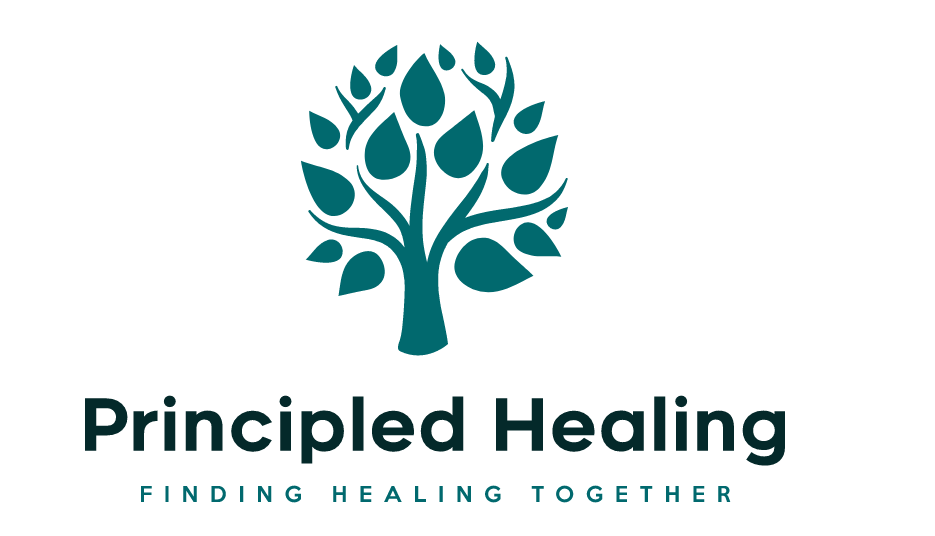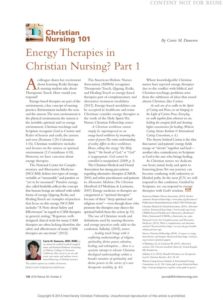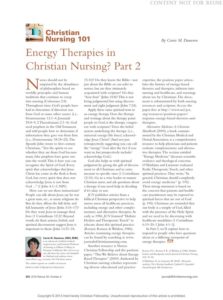Chronic Fatigue Syndrome
Chronic Fatigue Syndrome (CFS), also known as myalgic encephalomyelitis (ME), is a complex and debilitating condition that affects millions worldwide. Despite considerable investigation, current treatments have modest benefits, and the prognosis remains poor. This blog post explores a functional and integrative medicine approach to assessing and healing CFS, focusing on causes, symptoms, diagnosis, and treatment options, including natural/functional/herbal/integrative options.
Causes of Chronic Fatigue Syndrome
CFS is a multifactorial condition, and its causes are not fully understood. However, some key factors contributing to CFS include:
- Viral Infections: Some cases of CFS have been linked to viral infections, such as Epstein-Barr virus, human herpesvirus 6, and enteroviruses.
- Immune System Dysfunction: Dysregulation of the immune system may play a role, with abnormalities in immune function, including inflammation, observed in individuals with CFS.
- Genetic Predisposition: There is evidence suggesting a genetic component to CFS, with individuals with a family history of the syndrome being more susceptible.
- Hormonal Imbalances: Disruptions in the endocrine system, particularly the hypothalamic-pituitary-adrenal (HPA) axis, can contribute to CFS.
- Psychological Factors: While not a primary cause, psychological stressors can exacerbate symptoms and contribute to the development of CFS in some cases.
- Leaky Gut: Recent research has found a connection between a leaky gut and CFS. When treated for a leaky gut, patients with CFS have shown an improvement in symptoms.
- Environmental Factors: Exposure to toxins, pollutants, and certain chemicals may trigger or worsen CFS symptoms in susceptible individuals.
- Mitochondrial Dysfunction: Impaired energy production within cells, known as mitochondrial dysfunction, has been implicated in CFS.
- Infections: Some people develop CFS/ME symptoms after recovering from certain viral or bacterial infections, such as Epstein-Barr virus, Ross River virus, Coxiella burnetii, and others. However, not all people with CFS/ME have had these infections.[1][3][5]
- Immune system changes: CFS/ME may be triggered by changes in how the immune system responds to stress or infection. Patients often have lower functioning natural killer cells and chronic production of cytokines, which can lead to changes in the body’s stress response.[1][5]
- Physical or emotional stress: Some people report that physical injury, surgery, or significant emotional stress preceded the onset of their CFS/ME symptoms.[2][5]
- Problems with energy production: There are indications that the way cells convert fuel into energy may be different in people with CFS/ME, but the exact link to the development of the illness is unclear.[5]
- Long COVID: Some researchers are investigating a potential connection between CFS/ME and the condition known as long COVID, as the symptoms can be similar.[5]
Citations:
- [1] https://www.cdc.gov/me-cfs/about/possible-causes.html
- [2] https://www.mayoclinic.org/diseases-conditions/chronic-fatigue-syndrome/symptoms-causes/syc-20360490
- [3] https://www.healthline.com/health/chronic-fatigue-syndrome
- [4] https://medlineplus.gov/chronicfatiguesyndrome.html
- [5] https://www.mountsinai.org/health-library/diseases-conditions/chronic-fatigue-syndrome
Symptoms of Chronic Fatigue Syndrome
CFS is characterized by profound fatigue, sleep abnormalities, pain, and a multitude of other symptoms that are typically made worse by exertion. Some of the most common symptoms include:
- Chronic fatigue lasting more than 6 months that is not alleviated by rest
- Fatigue 12 to 48 hours after exercise that can last for days to weeks
- Un-refreshing sleep
- Trouble remembering, learning new things, concentrating, or decision making
- Dizziness or fainting when standing up
- Rapid heart rate with activity
- Alternating between sweating too much and not sweating at all
- Feeling burned out
- Depression or shifting moods
- Joint aches and muscle pains
- Anxiety and depression
- Fibromyalgia
- Irritable Bowel Syndrome (IBS)
- Migraine headaches
- Major depressive disorder (MDD)
Diagnosis of Chronic Fatigue Syndrome
A diagnosis of CFS is based on two criteria: severity and duration (the severe and chronic tiredness lasts for more than 6 months and other medical conditions have been ruled out), and the number of symptoms (four or more symptoms of CFS are present).
Treatment Options for Chronic Fatigue Syndrome
Conventional Treatment
There is no specific treatment for CFS, and vitamin supplements and medicines have some benefits but do not eliminate the condition. Many treatments only relieve the symptoms of CFS.
Functional and Integrative Medicine Approach
Functional medicine, a personalized and integrative healthcare model, focuses on addressing the root causes of chronic fatigue rather than just alleviating symptoms. Key aspects of functional medicine treatment for chronic fatigue include:
- Personalized Assessment: A comprehensive assessment of the patient’s medical history, lifestyle, and environmental factors is essential to identify the root causes of CFS.
- Nutritional Support: Dietary modification and functional nutritional deficiencies can help support the body’s natural healing processes.
- Exercise and Physical Fitness: Physical fitness and exercise can improve energy levels and overall health.
- Psychological and Physical Stress: Addressing stress and its impact on the body can help alleviate CFS symptoms.
- Environmental Toxicity: Reducing exposure to toxins and pollutants can improve symptoms for some patients.
- Gastrointestinal Disturbances: Addressing gastrointestinal issues, such as leaky gut, can help improve symptoms.
- Immunological Aberrations: Supporting immune function and addressing inflammation can be beneficial.
- Oxidative Stress: Antioxidant support can help reduce oxidative stress and improve overall health.
- Mitochondrial Dysfunction: Addressing mitochondrial dysfunction can help improve energy production within cells.
Conclusion
Chronic Fatigue Syndrome is a complex and debilitating condition that requires a personalized and integrative approach to assessing and healing. Functional and integrative medicine offers a holistic approach that addresses the root causes of CFS, focusing on diet, exercise, stress management, and addressing underlying imbalances in the body. By working with a functional medicine practitioner, patients can develop a customized treatment plan to help alleviate symptoms and improve overall health.
References
- Functional Medicine Approach to Chronic Fatigue Syndrome
- Chronic Fatigue Syndrome, Functional Mitochondriopathy, and Enterohepatic Dysfunction
- Treating Chronic Fatigue Syndrome with Integrative Medicine
- A Functional Medicine Approach To Chronic Fatigue
- Chronic fatigue syndrome: a personalized integrative medicine approach
Created by Perplexity API on March 21, 2024 (as Markdown)






